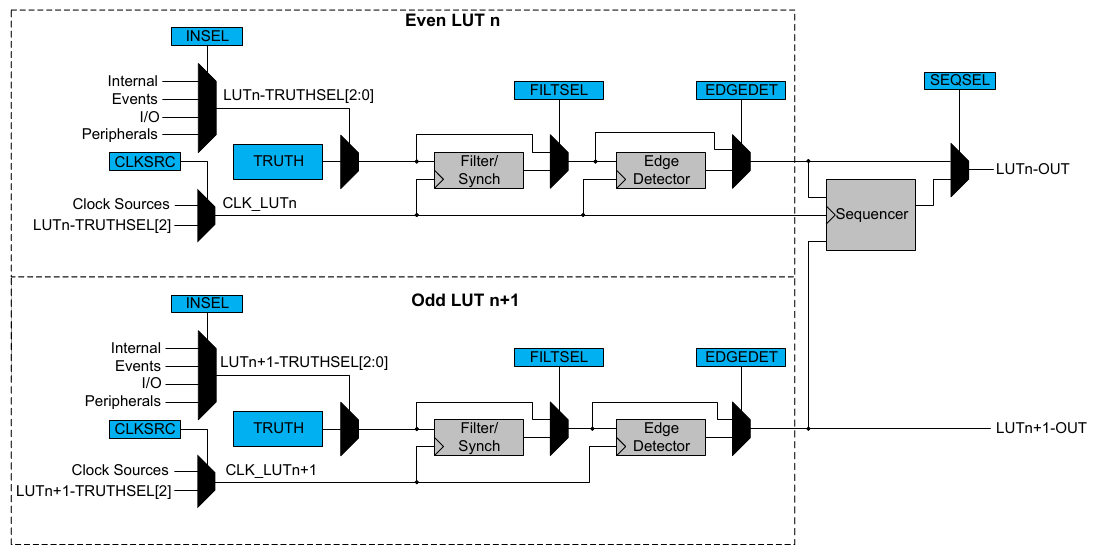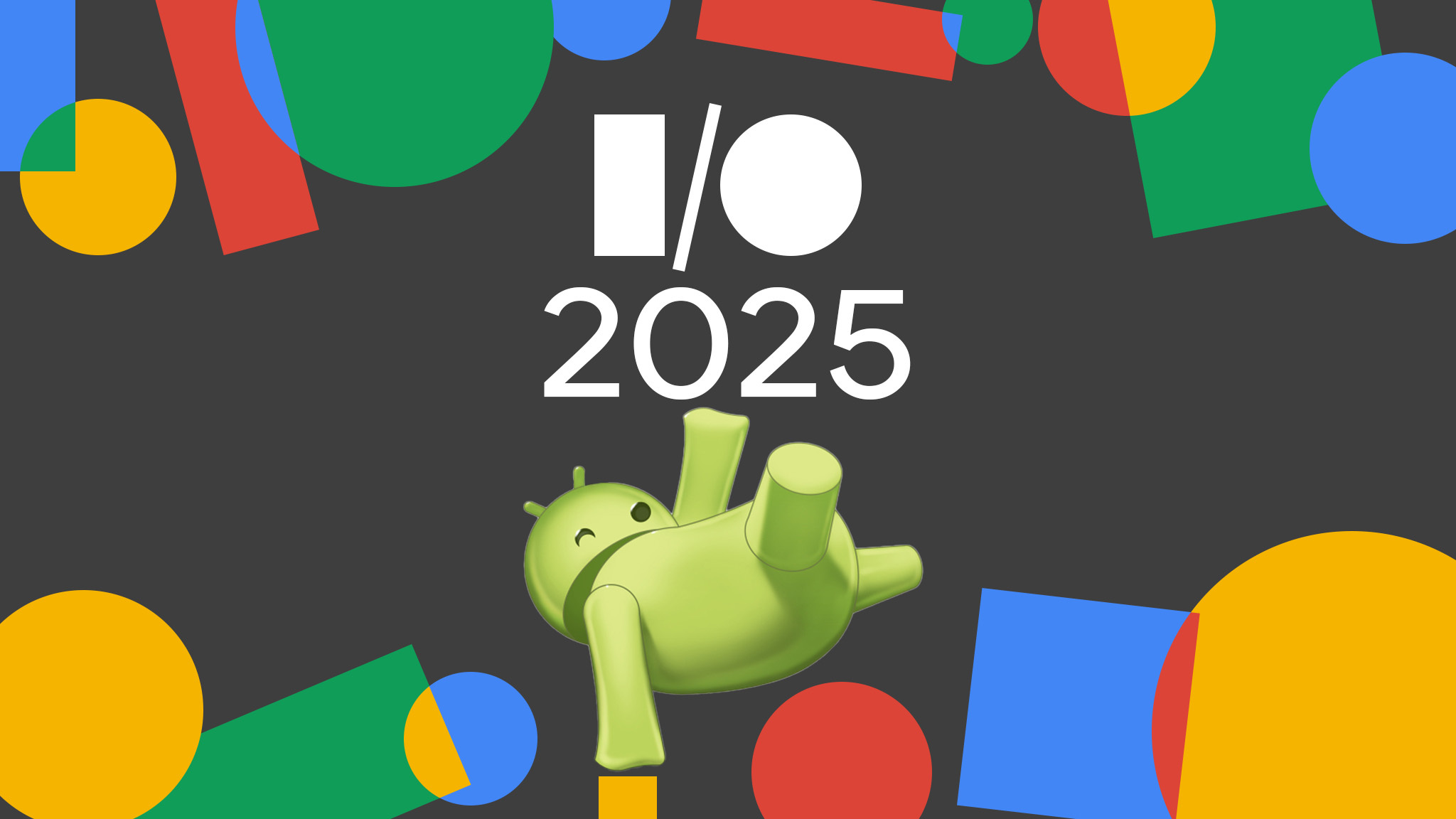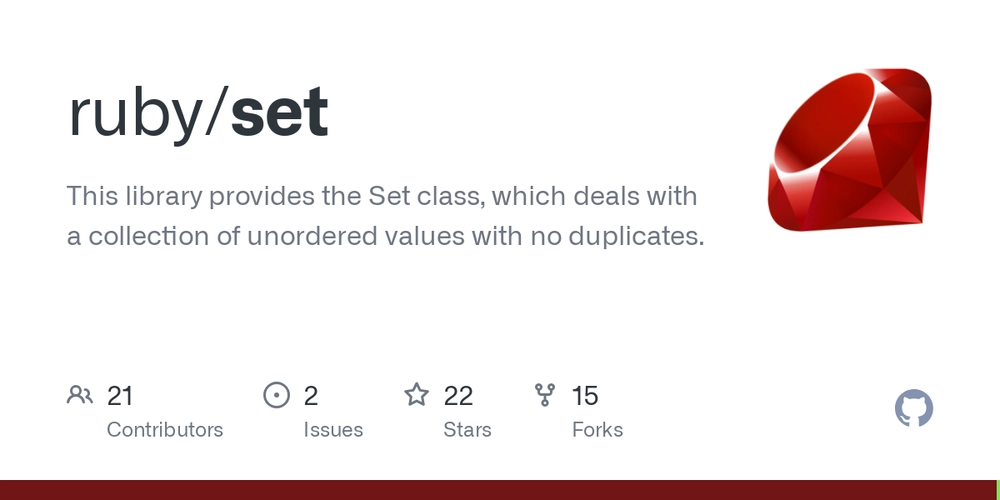✨Meta Programming Guide.
You want to learn Meta-programming, or you don't know what Meta-programming is. In this post, I will a give a brief guide into learning the concept Meta programming is writing programs that treats other programs as data. It's derived from the word "meta," which refers to a self-referential, higher-order form of an object. Most libraries and development tools use Meta programming as a development concept. Meta programming is a common term for most modern programming languages. Though you may never have to use the concept in application code, it is a good way of understanding how libraries work under the hood. It can also be useful if you are building a framework for yourself or your team. Here are some things to note about meta programming though. 1) Different languages have very different ways of handling meta-programming. For example, Python's way of handling the concept type.__prepare__() is different from JavaScript's way of handling it new Proxy (). 2) Metaprogramming comes with performance overhead. it brings in a form of flexibility in some languages that are rather rigid by structure. For example, in Java, you can't set attributes for classes if the attributes are not declared with the class. With the Reflection API that's possible. Java's speed is as a result of its rigidity and Meta-programming compromises that. 3) They need a rather deep knowledge of how the language works. I mean knowledge deeper than syntax, like runtime execution process and context management. So, it's generally advised to learn it in your preferred language. 4) They are easier in Object Oriented Programming languages than in other programming paradigms. Meta-programming is always included with the concepts of Classes, Types and Objects. Libraries like Spring Boot, Svelte, Django, SQL-Alchemy all use meta programming in their codebases. Learning it will give you a significant advantage over other developers.

You want to learn Meta-programming, or you don't know what Meta-programming is. In this post, I will a give a brief guide into learning the concept
Meta programming is writing programs that treats other programs as data. It's derived from the word "meta," which refers to a self-referential, higher-order form of an object.
Most libraries and development tools use Meta programming as a development concept. Meta programming is a common term for most modern programming languages.
Though you may never have to use the concept in application code, it is a good way of understanding how libraries work under the hood. It can also be useful if you are building a framework for yourself or your team.
Here are some things to note about meta programming though.
1) Different languages have very different ways of handling meta-programming. For example, Python's way of handling the concept type.__prepare__() is different from JavaScript's way of handling it new Proxy ().
2) Metaprogramming comes with performance overhead. it brings in a form of flexibility in some languages that are rather rigid by structure.
For example, in Java, you can't set attributes for classes if the attributes are not declared with the class. With the Reflection API that's possible.
Java's speed is as a result of its rigidity and Meta-programming compromises that.
3) They need a rather deep knowledge of how the language works. I mean knowledge deeper than syntax, like runtime execution process and context management. So, it's generally advised to learn it in your preferred language.
4) They are easier in Object Oriented Programming languages than in other programming paradigms. Meta-programming is always included with the concepts of Classes, Types and Objects.
Libraries like Spring Boot, Svelte, Django, SQL-Alchemy all use meta programming in their codebases. Learning it will give you a significant advantage over other developers.





































































































































































![[The AI Show Episode 145]: OpenAI Releases o3 and o4-mini, AI Is Causing “Quiet Layoffs,” Executive Order on Youth AI Education & GPT-4o’s Controversial Update](https://www.marketingaiinstitute.com/hubfs/ep%20145%20cover.png)





























































































































![[FREE EBOOKS] Learn Computer Forensics — 2nd edition, AI and Business Rule Engines for Excel Power Users & Four More Best Selling Titles](https://www.javacodegeeks.com/wp-content/uploads/2012/12/jcg-logo.jpg)





![From Art School Drop-out to Microsoft Engineer with Shashi Lo [Podcast #170]](https://cdn.hashnode.com/res/hashnode/image/upload/v1746203291209/439bf16b-c820-4fe8-b69e-94d80533b2df.png?#)






































































































(1).jpg?#)



















![[Updated] Samsung’s 65-inch 4K Smart TV Just Crashed to $299 — That’s Cheaper Than an iPad](https://www.androidheadlines.com/wp-content/uploads/2025/05/samsung-du7200.jpg)












_Inge_Johnsson-Alamy.jpg?width=1280&auto=webp&quality=80&disable=upscale#)










































































































![Apple to Split iPhone Launches Across Fall and Spring in Major Shakeup [Report]](https://www.iclarified.com/images/news/97211/97211/97211-640.jpg)
![Apple to Move Camera to Top Left, Hide Face ID Under Display in iPhone 18 Pro Redesign [Report]](https://www.iclarified.com/images/news/97212/97212/97212-640.jpg)
![Apple Developing Battery Case for iPhone 17 Air Amid Battery Life Concerns [Report]](https://www.iclarified.com/images/news/97208/97208/97208-640.jpg)
![AirPods 4 On Sale for $99 [Lowest Price Ever]](https://www.iclarified.com/images/news/97206/97206/97206-640.jpg)





































































































